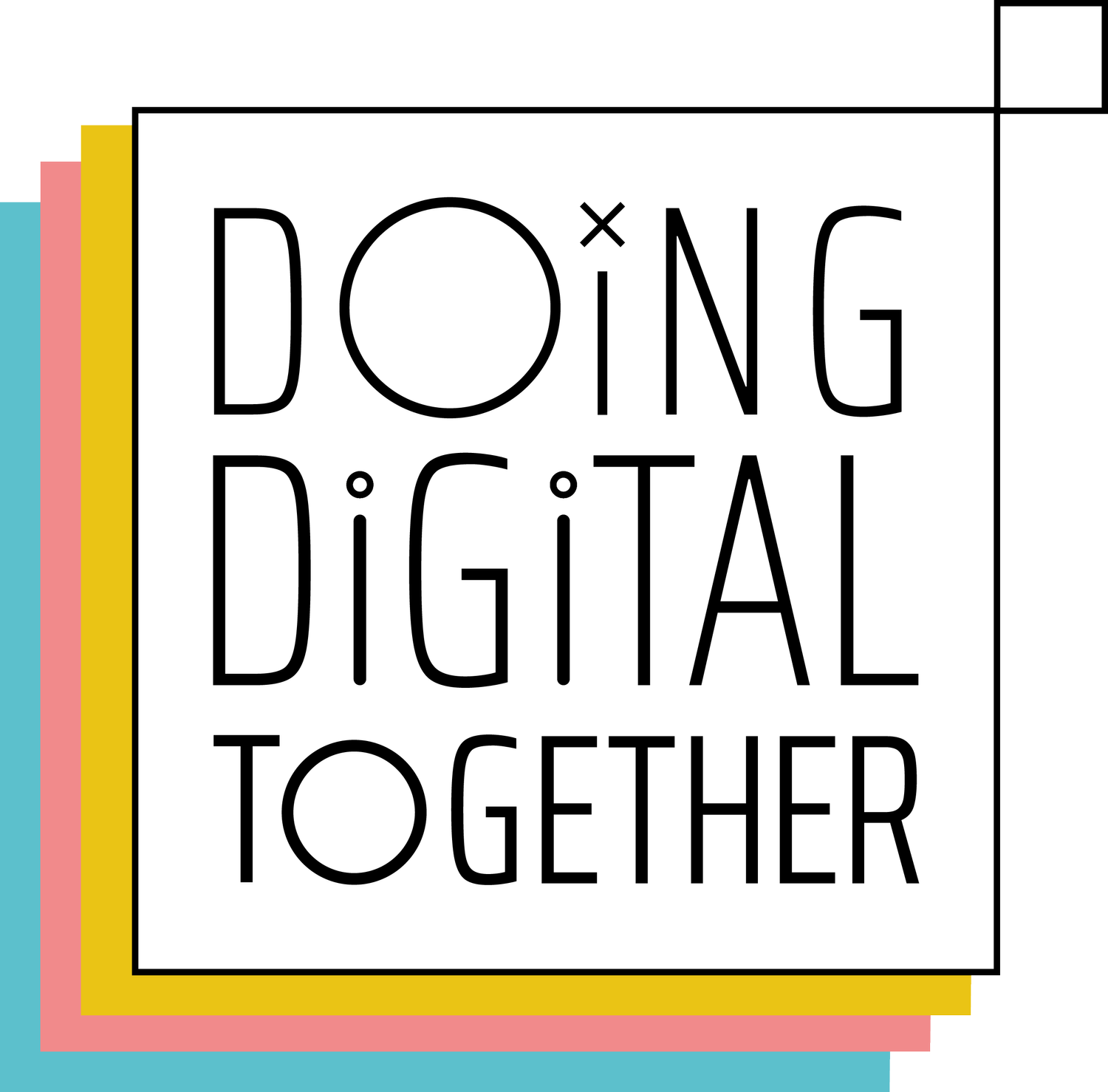DIGITAL SUSTAINABILITY
Leveraging digital technologies to help reduce carbon emissions in Manchester and challenge the impact of climate change.
Preventing the escalation of climate change is in the right thing to do for everyone in our city. We believe it’s our collective responsibility to take action to mitigate the impact of the climate crisis and reverse the effects where we can.
Manchester has a mission to become a zero-carbon city by 2038. Through leveraging digital and technology, we want to embrace adaptation and innovation to tackle the challenge of climate change and future-proof our city more broadly.
To enhance climate resilience and realise our ambitious vision of achieving net zero, it’s vital to understand the problems of the sustainability and digital space from the people working in these areas. Last summer, we partnered with Creative Concern to deliver a series of workshops uniting stakeholders from a range of industries to generate ideas for sustainable digital projects in our city.
For our work to make a meaningful, positive difference to people in Manchester, it's important that our projects are informed by the people they impact, and by professionals with expertise in the field. By bringing together the organisations and people in our city who are passionate about tackling climate change, we can raise our collective understanding of the tech, digital, and climate landscapes in Manchester to co-create innovative, cross-sector solutions to environmental challenges.
In collaboration with a diverse range of stakeholders, including Manchester Climate Change Agency, Creative Concern co-developed a set of recommendations based on workshop findings, ideating solutions on how to achieve zero-carbon goals. This included prioritising activities and themes identified as most important by the stakeholders consulted.
The recommendations encourage a focus on three core programs and projects, inspired by global innovations and tailored to Manchester’s specific needs.
“For future generations, our collective efforts to reduce carbon emissions will be essential to ensure that the Manchester they inherit is a city protected against climate change: healthy, resilient, and prosperous.”
The highest priority project concept – Smart Energy City – united four different ideas that emerged during workshops: a pilot exploring the use of AI to better control energy supply systems; a Manchester mini-grid that brings us closer to energy independence; a whole city ‘smart meter’ to help us understand energy use patterns better; and the development of a digital twin. By leveraging technology to reduce energy consumption and carbon emissions in Manchester, we can contribute to slowing the acceleration of climate change and reduce the vulnerability of our city’s community to climate related disruptions.
Digital Action on Clean Air focused on improving air quality in Manchester, using data, sensors, and visualisation to measure air quality levels across the city and improve the development of clean air initiatives. Seeking insight from residents on their views on air quality concerns within their local area will be key to ensuring that the project aligns with the needs and wants of local communities and does not adversely impact their day-to-day lives. By developing initiatives that tackle air pollution and raise awareness of its impact on public health, we aim to drive collective action on clean air, working together to build a healthier environment for people in our city.
The final project concept – Radical Action on Waste – focused on working with partners to reduce e-waste and explore data-led solutions to find ways to reduce waste by maximising the reuse, recycling, and repurposing of materials. Through developing after-school repair shops that empower young people with the knowledge and skills to fix electronic items, we can foster a culture of sustainability support the development of green and digital skills in Manchester.
By nurturing environments where adaptation and new technologies are whole-heartedly embraced, we can explore practical solutions to reduce carbon emissions and mitigate the impact of climate change. Following the workshop, our next steps will be to work collaboratively with stakeholders from across the digital and sustainability ecosystem to bring our project concepts to life. For future generations, our collective efforts to reduce carbon emissions will be essential to ensure that the Manchester they inherit is a city protected against climate change: healthy, resilient, and prosperous.


